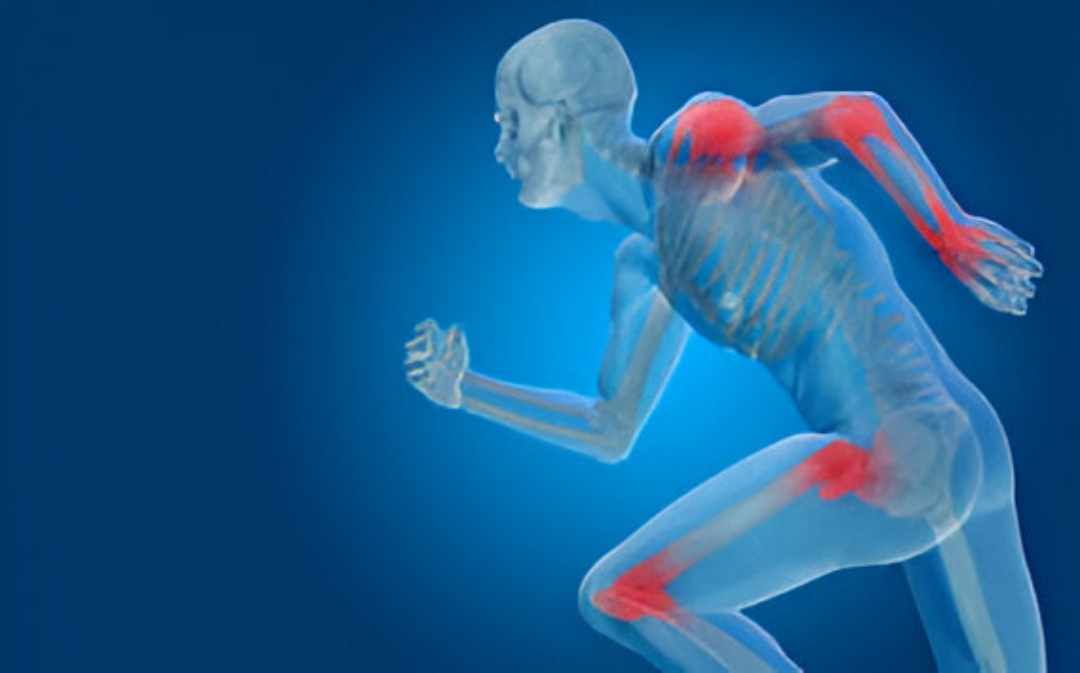- Published Date: 26-07-2025

Concussions are a growing concern in sports, especially among athletes involved in contact games such as football, hockey, rugby, and even sports like basketball or volleyball. While some may dismiss a concussion as a “mild” head injury, its effects on cognitive, physical, and emotional health can be significant if left undiagnosed or untreated.
At Noida Sports Injury Center, we prioritize athlete health and well-being, offering specialized concussion management protocols to ensure timely diagnosis, proper treatment, and long-term care. In this blog, we’ll explore the symptoms of concussions, the best treatment approaches, and strategies for long-term recovery and prevention.
A concussion is a type of traumatic brain injury (TBI) that occurs when a blow or jolt to the head or body causes the brain to move rapidly within the skull. This sudden movement can lead to chemical changes in the brain and, in some cases, damage to brain cells. Unlike fractures or visible injuries, concussions are internal and often go unnoticed initially, making early detection critical.
Sports-related concussions can affect athletes of all levels—from school and college students to professional players. Recognizing early signs and removing the athlete from play is the first step in preventing further damage.
Concussion symptoms can appear immediately or develop hours to days after the injury. They can be physical, cognitive, emotional, or even sleep-related. At Noida Sports Injury Center, we train coaches, players, and families to recognize key signs such as:
If a concussion is suspected, the athlete should be removed from the game or practice session immediately. Continuing to play with a concussion increases the risk of severe brain injury and prolongs recovery time.
At Noida Sports Injury Center, we use a combination of neurological exams, balance and coordination tests, memory recall assessments, and, if necessary, imaging (CT or MRI) to evaluate the extent of injury. Our certified sports medicine specialists ensure that every athlete receives personalized attention for an accurate diagnosis.
There is no one-size-fits-all treatment for concussions. However, a structured recovery plan involves:
Athletes are advised to avoid physical activity for a few days post-injury. This includes sports, gym workouts, and even excessive walking. Limiting exertion allows the brain time to heal.
Reducing screen time (phones, computers, TVs), avoiding reading or studying, and limiting exposure to bright lights help prevent overstimulation of the brain.
Noida Sports Injury Center follows a phased RTP protocol:
Each step is spaced out and monitored, ensuring the athlete progresses safely without recurring symptoms.
While medications are not typically recommended for concussion recovery, they may be used to manage specific symptoms like severe headaches or sleep disturbances. Cognitive behavioral therapy (CBT) may help address emotional changes post-concussion.
Though most athletes recover within 1 to 3 weeks, some experience prolonged symptoms known as post-concussion syndrome (PCS). Our long-term care services include:
We also keep track of previous concussion history, as multiple head injuries can increase the risk of chronic traumatic encephalopathy (CTE), a degenerative brain disease.
While it’s impossible to eliminate all risks, preventive steps can significantly reduce the chances of concussion:
At Noida Sports Injury Center, we offer workshops and educational seminars to spread awareness about concussion safety and first aid response.
Concussions are not just “part of the game.” They are serious brain injuries that deserve careful attention and timely management. Ignoring or downplaying symptoms can lead to long-term health complications. Noida Sports Injury Center is committed to protecting the health of athletes across Noida, Greater Noida, and the Delhi NCR region.
With early diagnosis, proper treatment, and long-term care, most athletes can return to the game stronger and safer. If you or someone you know has experienced a sports-related head injury, don’t delay—book a consultation with our expert team today.